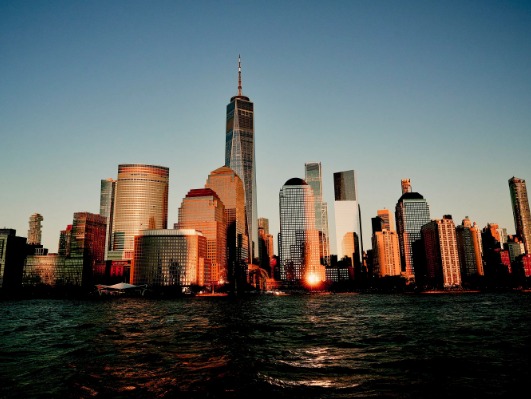An open letter from SeaWorld
SeaWorld, which says “inaccurate reports recently have generated questions about SeaWorld and the animals in our care” and which has subsequently seen several celebrity musicians decide against performing at its parks, is defending its track record.
“The men and women of SeaWorld are true animal advocates. We are the 1,500 scientists, researchers, veterinarians, trainers, marine biologists, aquarists, aviculturists, educators and conservationists who have dedicated their lives to the animals in our care as well as those in the wild that are injured, ill or orphaned. Whether it’s a sea lion, manatee, sea turtle or whale, we are on call 24/7,” SeaWorld said in an open letter.
SeaWorld says it does not capture killer whales in the wild and hasn’t done so in 35 years. “In fact, only two of the whales in our care were collected by SeaWorld and they continue to be in our care today,” it said. “In the last three years alone, we have invested $70 million in our killer whale habitats and millions of dollars annually in support of these facilities. Our habitats are among the largest in the world today. They are state-of-the-art, multimillion-gallon environments of cooled and filtered water that allow for the highest and safest standards of care. We give our animals restaurant-quality fish, exercise, veterinary care, mental stimulation, and the company of other members of their species.”
SeaWorld said its killer whales’ life spans are equivalent with killer whales in the wild and the killer whales in its care benefit those in the wild. “We work with universities, governmental agencies and NGOs to increase the body of knowledge about and the understanding of killer whales — from their anatomy and reproductive biology to their auditory abilities. Some populations of wild killer whales have been classified as endangered or threatened, demonstrating the potential critical nature of these research opportunities. This type of controlled research and study is simply not possible in the wild, and has significant real-world benefits to the killer whales that live there.”
SeaWorld also declared itself a “world leader in animal rescue. The millions of people who visit our parks each year make possible SeaWorld’s world-renowned work in rescue, rehabilitation and release. We are constantly innovating when it comes to this care: Our veterinarians have created nursing bottles to hand-feed orphaned whales, prosthetics to save sea turtles, and a wetsuit to help injured manatees stay afloat during rehabilitation. Whether it’s the result of natural or man-made disasters, SeaWorld is always on call and often the first to be contacted. We have rescued more than 23,000 animals with the goal of treating and returning them to the wild.” SeaWorld also said if those who visit its parks “leave with a greater appreciation for the importance of the sea, educated about the animals that live there and inspired to make a difference, we have done our job.”



